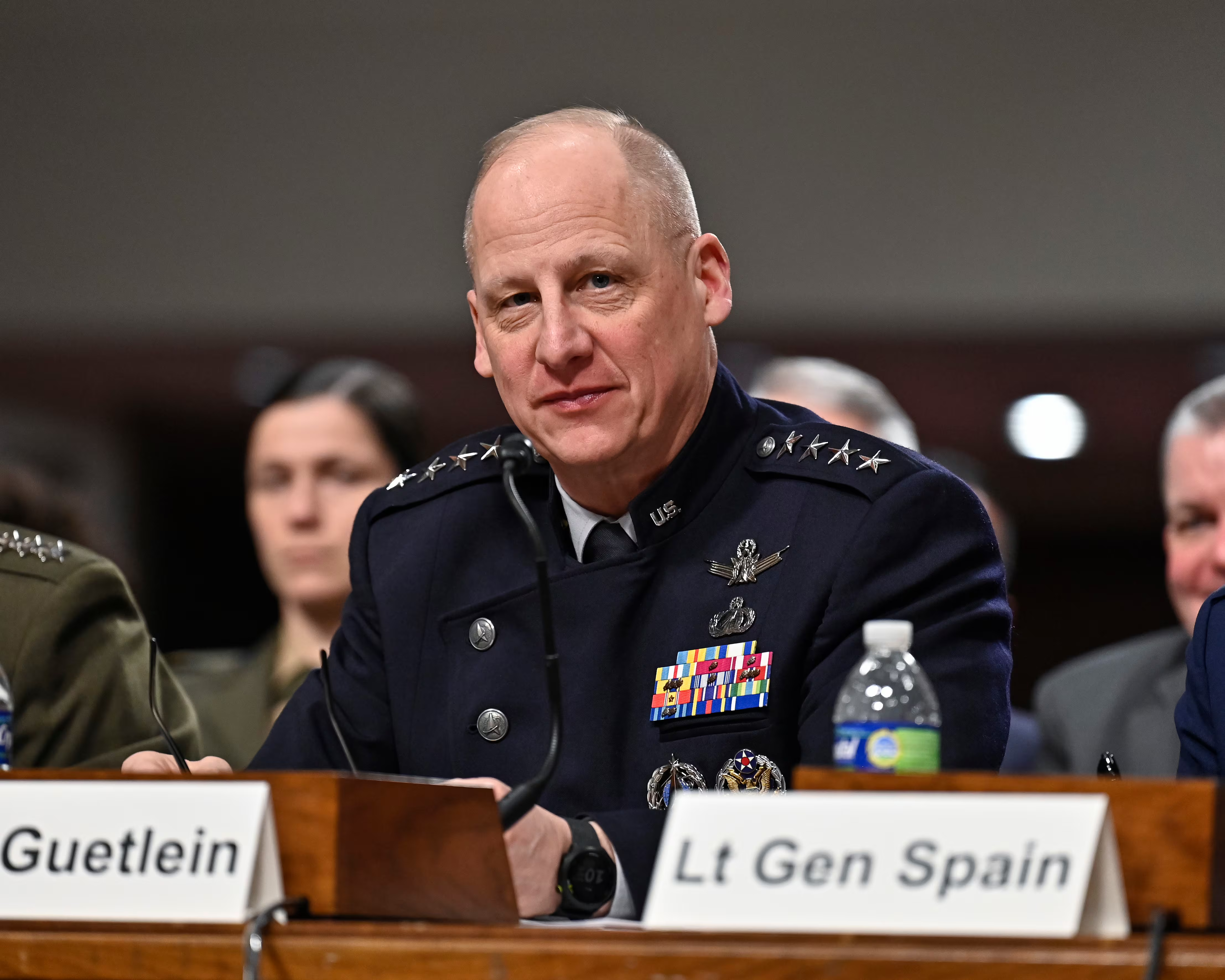HELSINKI — The Norwegian government is unlikely to review or revoke its new 12-month ban on bilateral military cooperation with Russia unless it sees a significant change in the Kremlin's aggressive, tension-building behavior and actions in Ukraine, the Norwegian government has said.
Responding to Russia's annexation of the Crimean peninsula and the triggering of military intervention in east Ukraine, Norway introduced an initial cessation in military cooperation in March 2014. On May 30, and with regional tensions between Nordic states and the Kremlin growing, the Norwegian government decided to extend the ban to Dec.ember 31.
Norway's renewed cessation means that all scheduled or new military cooperation with Russia is officially suspended until the end of 2015. The decision to prolong the freeze for a further 12 months has been influenced by growing concerns among Nordic and Baltic states over increased military activity by Russia's air, land and naval forces close to their borders.
"The situation in east Ukraine is serious, and Russia is unquestionably playing a destabilizing role. Russia is supporting the separatists in east Ukraine and has deployed military forces along the border. That is not acceptable," said Norway's Defense Minister Ine Eriksen Søreide.
The decision to extend the ban on military cooperation with Russia is a difficult one for Norway, which has been actively building improved defense, trade and political relations with Moscow, particularly since 2008. Norway, which is not a member state in the European Union, shares a 123-mile border (197km) with Russia.
Norway's decision to suspend bilateral military cooperation will not affect impact on several other important areas of cross-border collaboration with Russia. Cooperation will continue at coast guard and air-and-sea rescue and border surveillance levels. Cooperation will also be maintained under the Incidents at Sea Agreement signed by both countries.
Moreover, there will also be limited contacts between Norway's Joint Headquarters and Russia's Northern Fleet on the nearby Kola Peninsula. According to the Norwegian government, this level of continuity is needed to ensure the "safety of all parties in northern marine areas, and to maintain stability and predictability in our immediate region."
Email: godwyer@defensenews.com.








